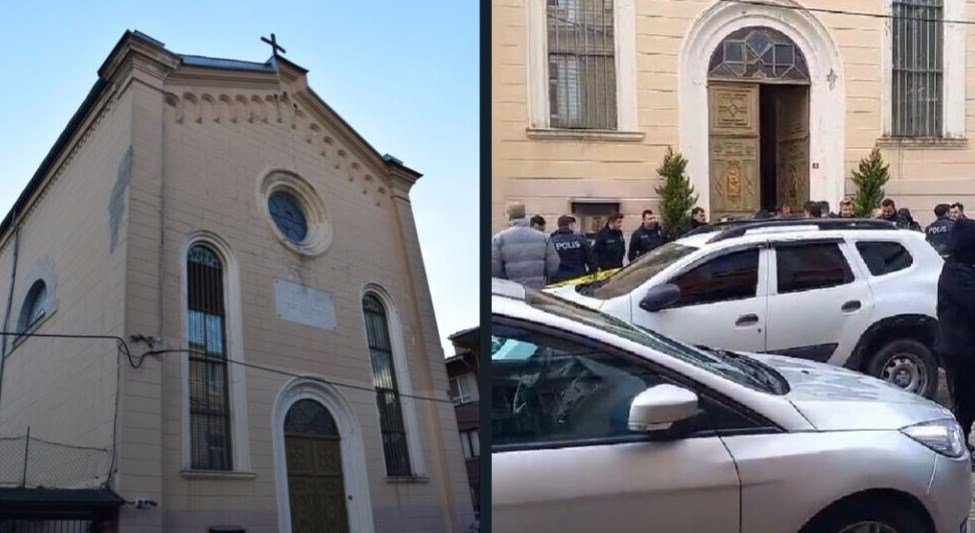What happened?
On Sunday, January 28, 2024, a Roman Catholic church in Istanbul was attacked by two masked gunmen during a Mass. The assailants, who were armed with pistols and knives, killed one person and injured several others before fleeing the scene. The victim was identified as Tuncer Cihan, a mentally disabled man who was invited to the church by a friend. The motive of the attack is still unknown, but Turkish authorities suspect it may be linked to the Islamic State group, which has claimed responsibility for similar attacks in the past.
How did the authorities and the public react?
The Turkish Interior Minister, Ali Yerlikaya, condemned the attack and said that an investigation has been launched to capture the perpetrators. He also expressed his solidarity with the Christian community in Turkey, which is predominantly Muslim. The Istanbul Mayor, Ekrem Imamoglu, also offered his condolences and support for the religious minorities in the city. He said that there are no minorities in Turkey, and that everyone is an equal citizen.
The Pope, Francis, also noted the attack in his remarks to the public in St. Peter’s Square on Sunday. He said that he was close to the community of the Santa Maria Draperis Church, which was the target of the attack. He prayed for the victim and the wounded, and for peace and harmony in Turkey and the world.

What is the background of the church and the attackers?
The Santa Maria Draperis Church is one of the oldest Catholic churches in Istanbul, dating back to the 18th century. It is run by an Italian order of Franciscan friars, who have been serving the local Christian community for centuries. The church has been attacked several times in the past, most notably in 2006, when a teenager stabbed a priest to death.
The identity and affiliation of the attackers are still unknown, but some sources suggest that they may be members of the Islamic State group, which has a presence in Turkey and neighboring Syria and Iraq. The group has carried out several attacks on churches and other religious sites in the region, as well as in Europe and elsewhere. The group considers Christians and other non-Muslims as infidels and enemies, and calls for their elimination.
What are the implications of the attack?
The attack on the church in Istanbul is a reminder of the fragile security situation in Turkey, which has been facing multiple threats from terrorist groups, Kurdish separatists, and political opponents. The attack also highlights the challenges faced by the religious minorities in Turkey, who often face discrimination and violence from the majority Muslim population. The attack also raises questions about the relations between Turkey and its NATO allies, especially the European Union, which has been critical of Turkey’s human rights record and its crackdown on dissent.
The attack also shows the need for dialogue and cooperation among different faiths and cultures, to prevent further violence and hatred. The attack also calls for solidarity and support for the victims and their families, and for the protection of the freedom of religion and expression for all people.
